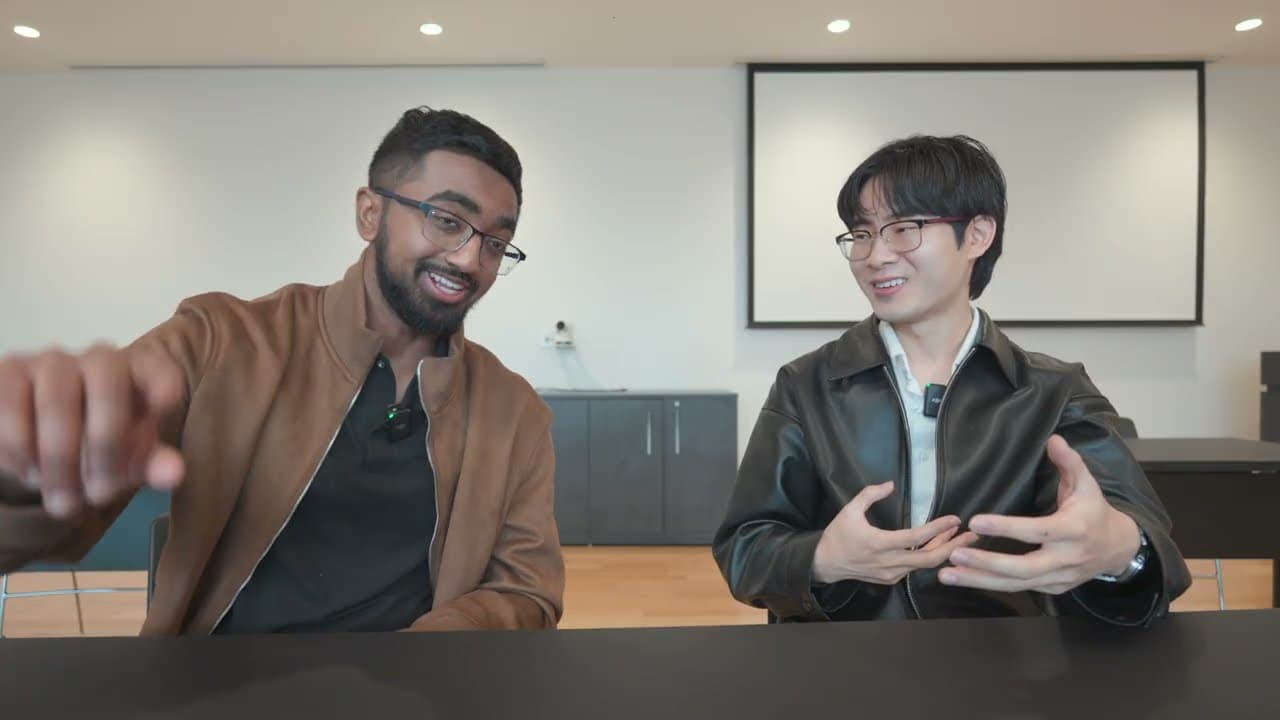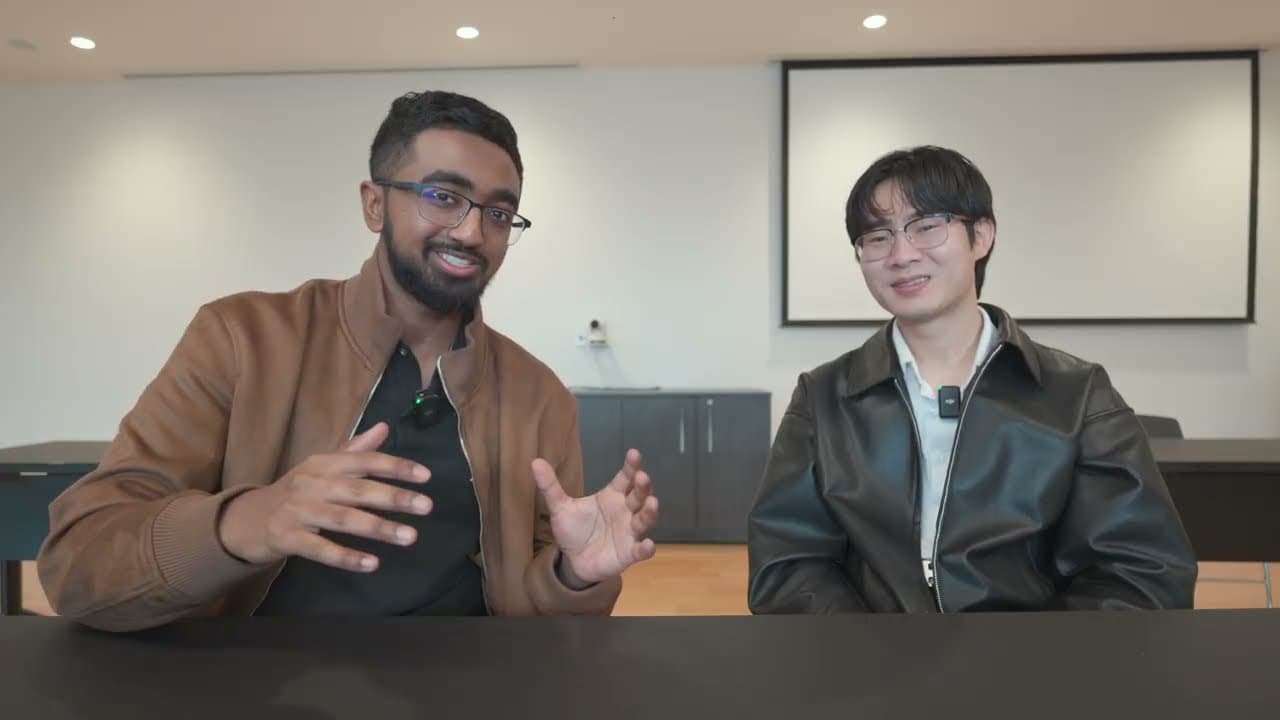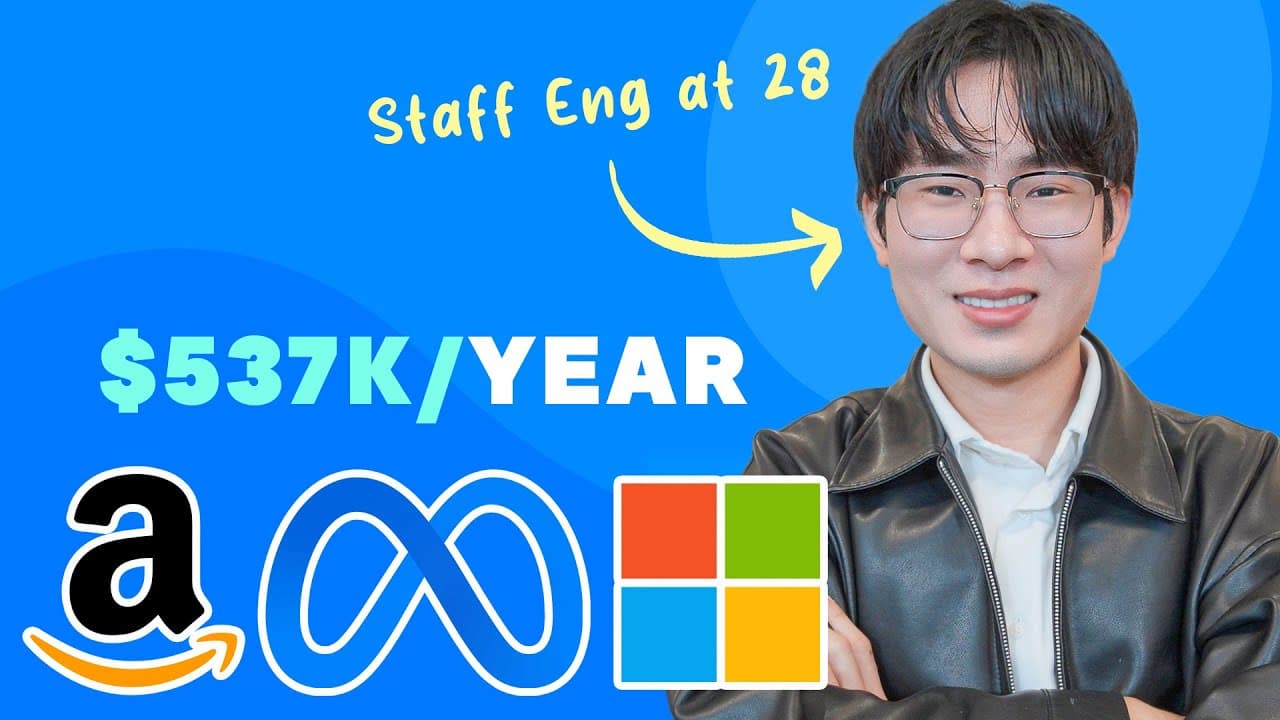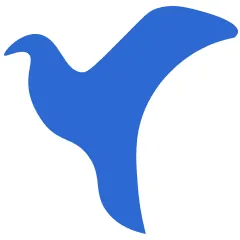From College Struggles to Tech Success
I never imagined that starting with zero coding knowledge and facing constant setbacks in college would lead me to a high-flying career in tech, earning over $500,000 as a staff software engineer at top companies like Meta and Microsoft.
This journey was filled with self-doubt, strategic pivots, and key breakthroughs that turned my weaknesses into strengths, revealing how persistence and smart choices can overcome even the toughest obstacles.
TL;DR
I battled imposter syndrome in college, failing classes and questioning my fit in computer science, but shifted focus to practical skills like coding interviews.
By networking aggressively and building simple projects from tutorials, I landed my first internship, sparking a snowball effect in my resume and opportunities.
Securing roles at AWS and Microsoft through assessments and interviews boosted my confidence and earnings to over $180,000, teaching me the value of real-world experience.
Advancing to Meta with a $300,000 package, I led impactful projects and later jumped to a startup offering even higher pay, showing that startups can outpace big tech salaries.
Throughout, I learned that openness to new ideas in interviews is crucial for success, helping me hire interns and build a rewarding career path.

I remember my first day in computer science class at Georgia Tech, sitting next to a guy who had already sold a startup for $300,000, while I didn't even know what Python or Java meant.
That moment hit hard, triggering intense imposter syndrome as I failed classes and heard from a TA that I wasn't cut out for this field.
With a 2.2 GPA and constant thoughts of quitting, I realized I was chasing the wrong metrics like perfect grades, so I redefined success by focusing on acing interviews and building connections instead.
To turn things around, I invested in LinkedIn Premium and messaged recruiters, highlighting my self-taught projects like a mobile app from a Unity tutorial.
This led to my breakthrough with JP Morgan's Code for Good program, which I used as leverage to get an IT internship, and eventually, my first role at AWS after passing a tough online assessment and on-site interview.
At AWS, I earned between $160,000 and $180,000, including a signing bonus, and worked on serverless architectures in the EC2 division, mentoring interns and gaining valuable experience.

After AWS, I moved to Microsoft with a package around $200,000 to $230,000, where I worked on computer vision and AI, integrating systems into Azure and honing my system design skills.
Then, at Meta, my compensation reached about $300,000, and I led API fundraising projects, enjoying perks like on-campus cafeterias and team trips that fostered innovation.
Eventually, I sought new challenges and landed offers exceeding $500,000 at a startup focused on data scaling, proving that while big tech pays well, emerging companies can offer even more.

Through hiring hundreds of interns, I've seen that the best candidates are open to new perspectives, like rethinking an algorithm during interviews rather than sticking rigidly to one approach.
This mindset not only helped me resolve team conflicts but also built products that combined the best ideas from everyone involved.
Looking back, my path shows that redefining success and persistently networking can transform early failures into a thriving career.
It's inspiring to see how focusing on practical skills opened doors to high-impact roles and greater earnings, encouraging others to explore beyond traditional metrics.
Key Takeaways
Overcoming imposter syndrome requires shifting from GPA obsession to building interview skills and real projects.
Networking through tools like LinkedIn and creating simple tutorials-based work can create a snowball effect for job opportunities.
Big tech roles at places like AWS and Meta offer high pay and growth, but startups can surpass them with the right experience.
Key to succeeding in interviews and hiring is being open to new ideas, fostering collaboration and innovation in teams.

